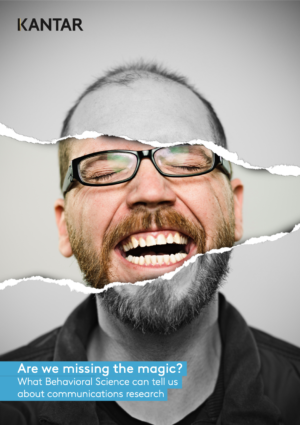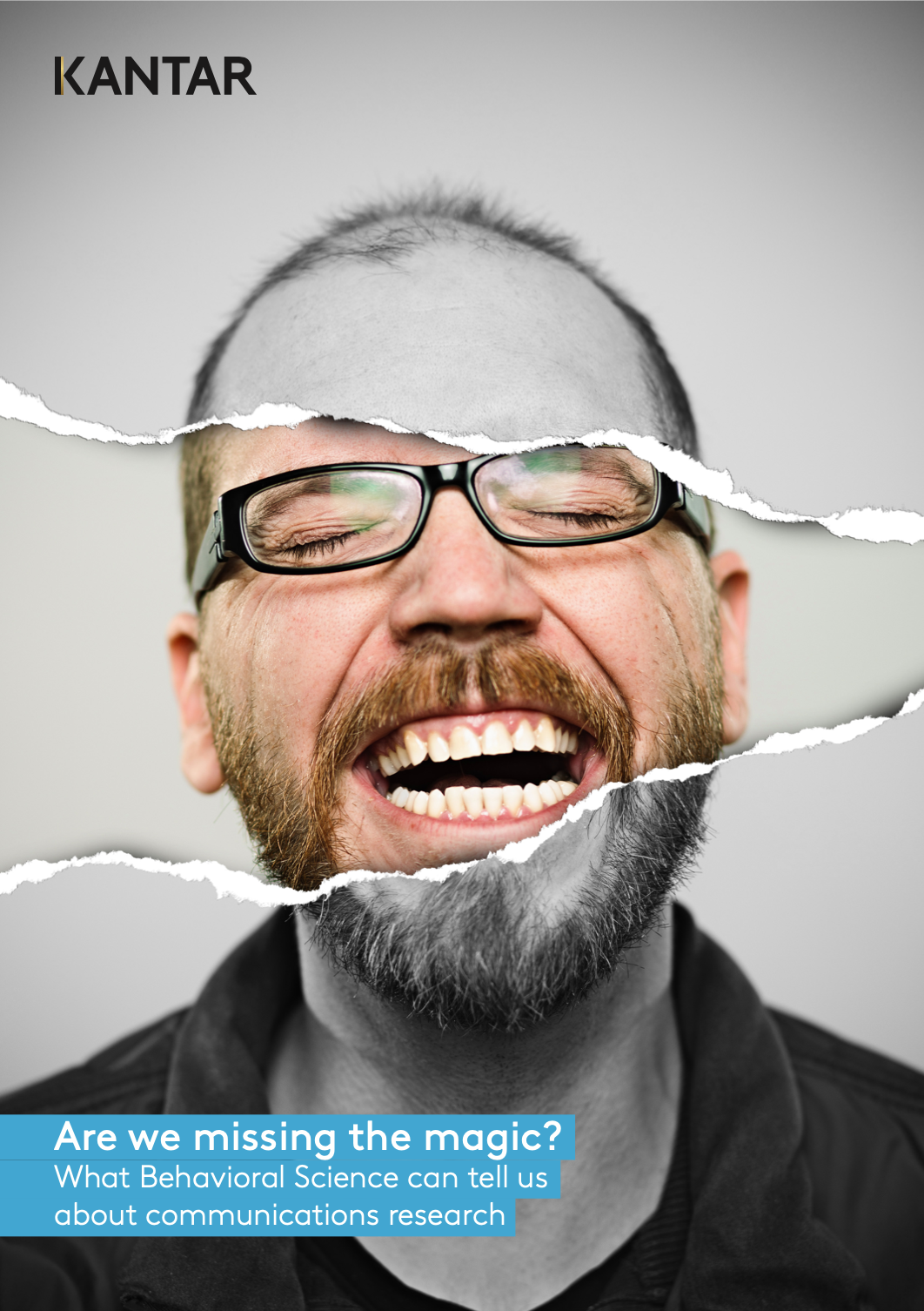Are We Missing the Magic?

What Behavioral Science can tell us about communications research
Is traditional advertising’s concept-testing research working as well as it could? Is it time to rethink our approach? This white paper explores how behavioral science can uncover the flaws of traditional communications research and offer an advanced, alternative approach to harnessing the power of 'gut feel'.
A fundamental problem with much of our qualitative communications research today is that we spend a lot of time asking respondents to carefully pick apart advertising concepts and analyze and compare the elements of each in great detail – often with the use of a battery of numerical scales along the lines of 'impact, relevance, differentiation, credibility, and motivation to act'. However, we all know that this is not how we consume advertising in real life. Advances in behavioral science have shown us the importance of measuring what’s really perceived to be there by viewers.
The act of experiencing emotion is a powerful force in decision-making. Emotional responses can build over time, but our reactions to words, images and events are very often rapid and automatic. We can experience a behavioral reaction before we realize what we are reacting to. It’s the equivalent of 'going with your gut'. Behavioral science tells us that in reality people may make better choices when simply asked to 'go with their gut feel'. This has been replicated many times. In fact, asking people to think deeply about their answer actually changes their opinion. So asking 'why' changes 'what' we choose – but only for a while.
In order to achieve better results, we need to access these initial gut reactions, without introspection and post-rationalization. A good way to do this is to adopt a narrative approach, as what we THINK about ads is irrelevant – it's all about gut feel. To access gut feel, it would be more effective to offer just one big question – for example, 'which of these concepts are you most drawn to?' – and allow free narrative discussion, which gives room to express an opinion without having to dissect it in so much detail. This will require a level of bravery, for us as researchers and for our clients with internal teams to convince. However, the time has come for us to try a more radical approach.



